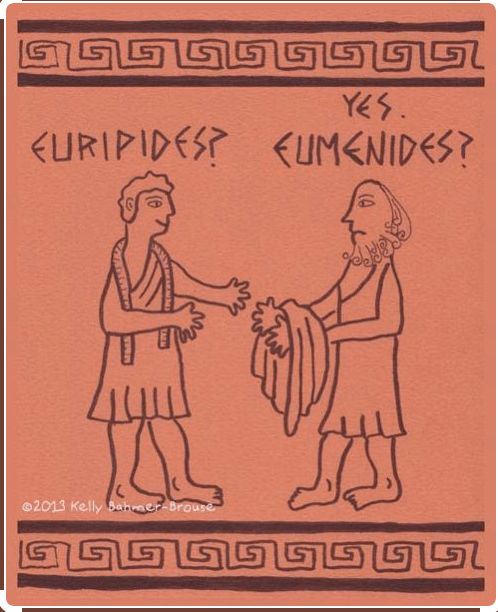Video review of his book “You Should Test That!” from Ep 225 is below:
All the books featured in episode 225 are available here.
A series profiling recent books in the field.
Video review of his book “You Should Test That!” from Ep 225 is below:
All the books featured in episode 225 are available here.
Video review of his book “Hacking Marketing” from Ep 225 is below:
All the books featured in episode 225 are available here.
The world we inhabit today is, in countless ways, an extended echo of breakthroughs made by two extraordinary cultures that came from a compact corner of the mediterranean between the 4th century BCE to the 2nd century of the current era. I’m talking about Greece and Rome, whose influence on contemporary language, thought, and culture is so deeply woven into the modern world that we navigate it every day without noticing. Taking just language, be it English, French, Spanish or Italian, they all use words with origins that tie back to ancient law, institutions, arts and sciences. The concepts they gave linguistic expression to are stitched into everything that comes out of our mouths.
You’ll hear a passionate discussion today by two guys who both did an undergrad in classics. But you won’t need to know anything about this to get great marketing lessons from today’s talk. Believe it or not, the ancients can teach us a fair bit about marketing!
Our guest’s undergraduate courses taken at the University of Oxford in Classical Greek Language and Literature inspired him to write the book we’re discussing today.
He is a trainer, author, strategist, and lecturer who applies Storytelling, Behavioural Economics, and insight-driven thinking to brands and communications. Serving as a Course Director for several professional institutes, he also delivers TEDx talks and has spoken on stages around the world. His clients span organizations such as the BBC, Panasonic, Nokia, The Royal Albert Hall, and the UK National Health Service. An accomplished writer, he has published several award-winning books, including The Storytelling Book, which has sold 40,000 copies.
His seventh book, The Classical Marketing Book, is being released in North America at the start of 2026. Let’s go to the UK to speak with Anthony ‘Tas’ Tasgal.
Chapters Timestamps
0:00:00 Introducing Tas Tasgal
0:02:48 How Ancient Cultures Inform Modern Marketing Today
0:06:29 Uncovering Marketing Power in Word Origins
0:10:26 Using Ancient Myths for Market Segmentation
0:13:33 Connecting Behavioral Economics with Storytelling Power
0:17:21 Strategies to Avoid Marketing’s ‘Junk Folder’
0:21:52 Crafting Persuasive Frames with Historical Stories
0:26:43 The Power and Peril of Condensed Language
0:30:53 Mastering Persuasion with Ethos, Logos, and Pathos
0:34:48 Satire and Timeless Human Patterns in Marketing
0:37:57 Tapping into Ancient Wisdom for Modern Marketing
Anthony “Tas” Tasgal on LinkedIn

Click below to listen to my review of the book.